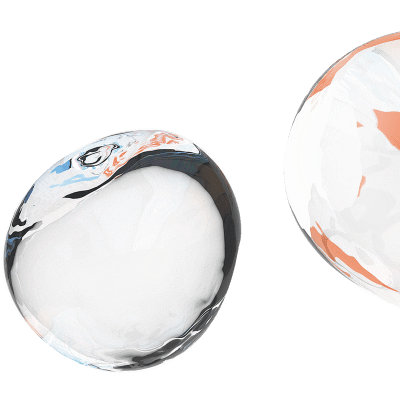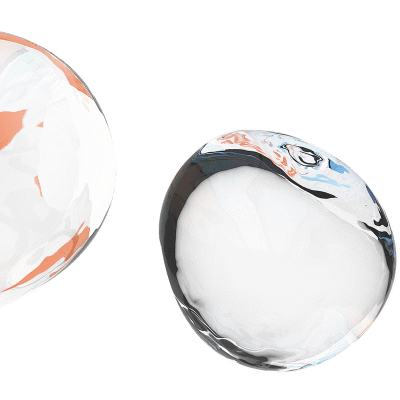Cancer Vaccines
Previously developed vaccines based on dendritic cells, antigen-presenting cells and certain tumor peptides have not been shown to be effective in achieving regression of oncopathology. However, thanks to the accumulated knowledge about the features of anticancer immunity and the extensive clinical experience of immunotherapy, there is hope for the successful use of therapeutic and prophylactic personalized anticancer vaccines.
What are cancer vaccines?
Cancer vaccines are designed to boost immune responses against cancerous cells. They are one type of immunotherapy. The purpose of these vaccines is to train the immune system to recognize tumor cells and destroy them, similar to how it does when defending against infectious agents.
How do cancer vaccines work?
In most types of cancer, cells have a specific set of surface antigens (proteins) that distinguish them in structure from healthy body tissues. However, the patient's immune system is not able to recognize these antigens and destroy mutant cells in time, which underlies the rapid growth of tumor tissue. To enhance the effect of natural antitumor immunity, at the first stage it is necessary to eliminate all inhibitory influences on the immune response, and then at the second stage to activate the body's defenses to destroy cancer cells.
The purpose of cancer vaccination is to slightly change the structure of cancer cells (or their lysates), which increases their recognition for the immune system and helps to activate the patient's anti-cancer immunity. The use of a cancer vaccine makes it possible to turn "cold" cells that elude immune responses into "hot" cells that the immune system successfully recognizes and destroys.
How are cancer vaccines made?
An innovative approach is being taken to create anti-cancer vaccines. It is based on the use of non-immunogenic (“cold”) concentrates made from frozen biomaterial and mixing them with “hot” cancer cells, which are pre-treated in the following ways:
- Mixing samples of malignant tissue with biological components (Koli toxin), which allows you to activate the immune response to bacterial substances and start the process of destroying cancer.
- Mixing cancer cells with safe oncolytic viruses, as a result of which the immune system begins to actively destroy malignant tissues labeled with viral antigens.
How safe are cancer vaccines?
Cancer vaccines are considered the safest and most promising treatment for cancer. However, given the lack of legal approval for the use of such vaccines in many countries, such therapy is currently performed only in some cancer centers.
Oncologists recommend considering cancer vaccine treatment as soon as a diagnosis is made. To be able to prepare personalized preparations in the future, the patient will need to freeze part of the tumor tissue obtained after a diagnostic biopsy or surgery.


Telemedicine consultation

Oncologist, professor
Scientific and Medical Director of the International Center for Cell Therapy and Cancer Immunotherapy in Israel
Sign up for “Telemedical consultation - Shimon Slavin"
